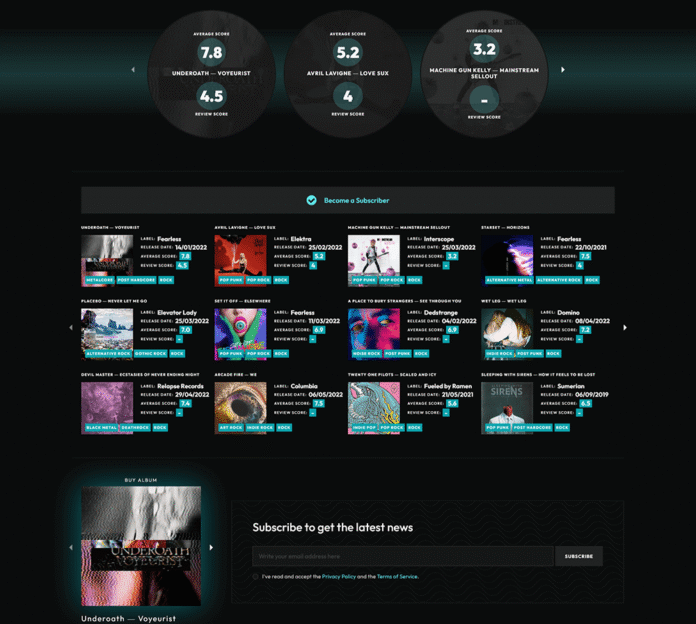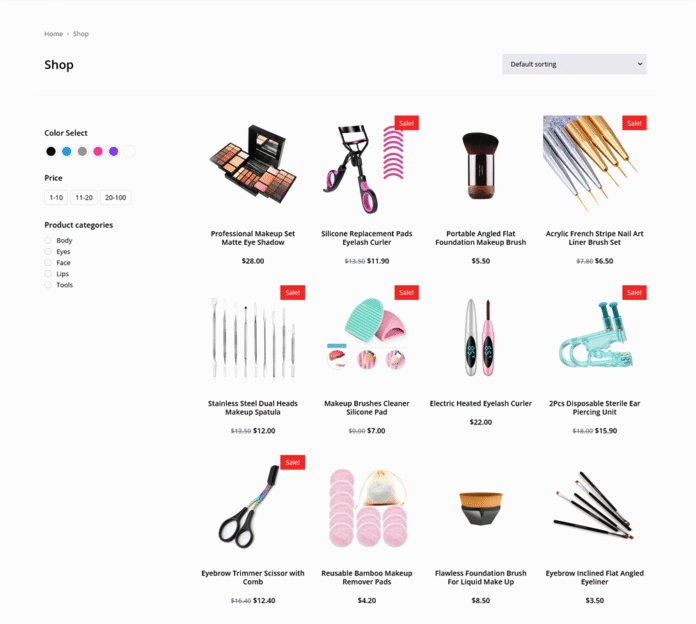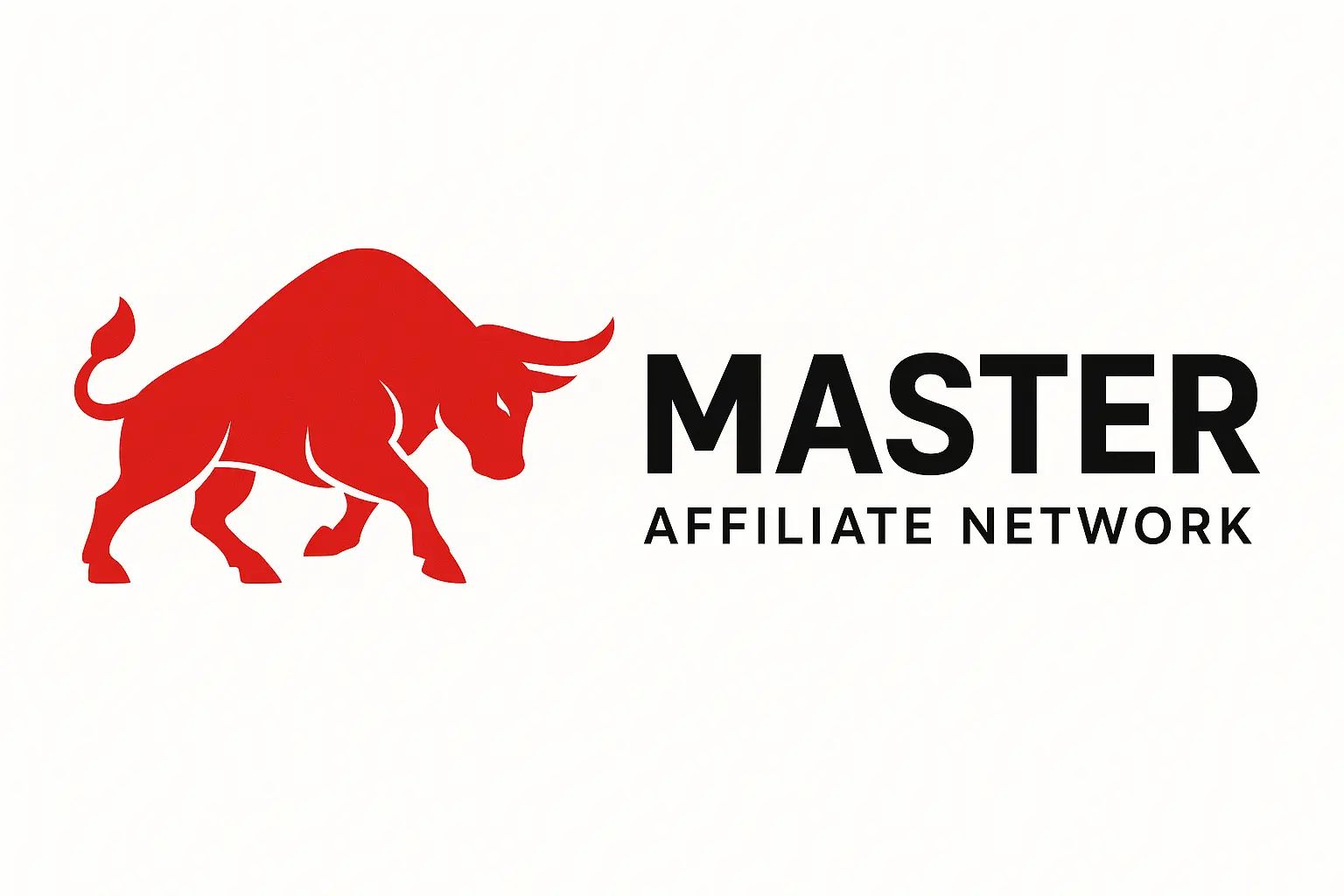2374
May 30, 2023

Why CPA Tracking & Analytics Matter in Affiliate Marketing: Metrics You Can’t Ignore
If you’re an affiliate marketer, you’ve likely seen an array of analytics and performance metrics. But how many of them do you actually understand—and use effectively?
CPA affiliate marketing is a dynamic and highly rewarding field. However, success doesn’t come just from promoting links and hoping for the best. To truly scale your campaigns, tracking, analyzing, and optimizing your performance data is key.
In this article, we’ll break down the most essential CPA metrics, explain why they matter, and help you avoid common mistakes that hold many affiliates back.
What Is CPA in Affiliate Marketing?
CPA (Cost Per Acquisition) refers to how much it costs you to acquire a new customer or lead. It’s a core metric in affiliate marketing that reflects how efficiently your campaign converts clicks into meaningful actions (like sales or signups).
CPA Formula:
mathematicaCopyEditCPA = Total Campaign Cost / Total Number of Conversions
Naturally, a lower CPA is ideal—it means you’re spending less to get more conversions.
Why You Should Care About Tracking and Analytics
Many beginner affiliates overlook performance data. They jump at high-payout offers without checking if they’re the right fit or analyzing past performance. This usually leads to poor results and wasted budgets.
Tracking and analytics help you:
- Understand your audience’s behavior
- Identify your best-performing traffic sources
- Optimize ad spend
- Make data-driven decisions
- Boost ROI and long-term profitability
Key CPA Metrics You Should Track
Let’s look at the essential metrics (CPA KPIs) that every serious affiliate should monitor:
✅ CTR (Click-Through Rate)
Measures the percentage of people who clicked on your ad or link. A low CTR might mean your creatives or targeting need improvement.
✅ Conversion Rate
Indicates the number of people who took the desired action (purchase, signup, etc.) after clicking. A good rate means your offer is relevant and persuasive.
✅ EPC (Earnings Per Click)
iniCopyEditEPC = Total Earnings / Total Clicks
This tells you how much money you’re earning per click on average. A higher EPC means more revenue for less traffic.
✅ CPA (Cost Per Acquisition)
As discussed, this measures how cost-effective your campaign is at generating leads/sales. A high CPA often means you need to tweak your targeting, creatives, or offer selection.
✅ CLV (Customer Lifetime Value)
Estimates how much a customer will spend throughout their relationship with the brand. It helps you determine how much you can afford to spend to acquire them.
How to Use Analytics to Optimize Your Campaigns
Running campaigns without tracking data is like flying blind. Here’s how to build a strong strategy:
🔍 1. Collect the Right Data
Use tracking platforms like:
- Google Analytics
- Voluum
- RedTrack
- Binom
- Affiliate network dashboards
Track traffic sources, devices, geos, placements, and conversions. Tag every campaign and channel for clarity.
📊 2. Analyze Performance
Dive into the numbers:
- Are some ad creatives underperforming?
- Is one GEO converting better than another?
- Are you getting lots of clicks but no conversions?
These insights help you identify what to pause, scale, or optimize.
⚙️ 3. Improve Campaign Elements
Let your metrics guide your decisions:
- Improve or replace underperforming landing pages.
- Test different creatives (A/B testing).
- Adjust targeting or bid strategies.
Measuring ROI (Return on Investment)
ROI is your bottom line. It tells you how profitable your campaign really is:
iniCopyEditROI = (Revenue - Cost) / Cost × 100
With the rise of AI-based tools, you can now automate campaign reporting, detect trends, and even get optimization suggestions in real time.
Advanced analytics platforms provide:
- Real-time conversion tracking
- Predictive modeling
- Automated campaign optimization
Use them to scale faster and smarter.
Top 5 Affiliate Analytics Mistakes to Avoid
Avoid these common pitfalls that stop affiliate marketers from succeeding:
- Accepting every offer blindly
Don’t chase high payouts without verifying the offer quality or checking advertiser credibility. - Not tracking performance
Guesswork doesn’t grow businesses. Use tracking tools to monitor every action and conversion. - Setting no clear goals
Define realistic performance benchmarks for each campaign—CTR, conversions, ROI, etc. - Focusing only on short-term gains
Build relationships with advertisers and nurture long-term trust and performance. - Ignoring compliance
Always disclose affiliate partnerships and follow platform and industry regulations.
Final Thoughts: Use Data to Win
Affiliate marketing is not just about links and commissions—it’s about strategy and data. When you start measuring and analyzing your efforts, you unlock real growth potential.
That’s why Master Affiliate NetworkIt is here to help. Our platform provides:
- Real-time tracking tools
- High-converting offers
- Performance bonuses
- Expert support to help affiliates scale
Want to maximize your revenue with the right data tools?








